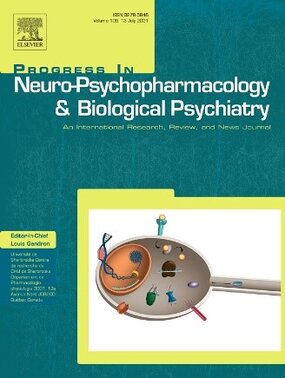"Chronic pain produces psychologic distress, which often leads to mood disorders such as depression. Co-existing chronic pain and depression pose a serious socio-economic burden and result in disability affecting millions of individuals, which urges the development of treatment strategies targeting this comorbidity. Ketamine, a noncompetitive antagonist of the N-methyl-d-aspartate (NMDA) receptor, is shown to be efficient in treating both pain and depression-related symptoms. However, the molecular characteristics of its role in chronic pain-induced depression remain largely unexplored. Hence, we studied the behavioral and molecular effects of a single systemic administration of ketamine (15 mg/kg, i.p.) on mechanical hypersensitivity and depressive-like consequences of chronic neuropathic pain. We showed that ketamine transiently alleviated mechanical hypersensitivity (lasting <24 h), while its antidepressant effect was observed even 72 h after administration. In addition, ketamine normalized the upregulated expression of the mitogen activated protein kinase (MAPK) phosphatase 1 (MKP-1) and the downregulated phosphorylation of extracellular signal-regulated kinase (pERK) in the anterior cingulate cortex (ACC) of mice displaying neuropathic pain-induced depressive-like behaviors. This effect of ketamine on the MKP-1 was first detected 30 min after the ketamine administration and persisted until up to 72 h. Altogether, these findings provide insight into the behavioral and molecular changes associated with single ketamine administration in the comorbidity of chronic pain and depression."
This page provides a sample of the publications of EURIDOL students and researchers of the Strasbourg Pain Initiative. Recent publications are presented first.


